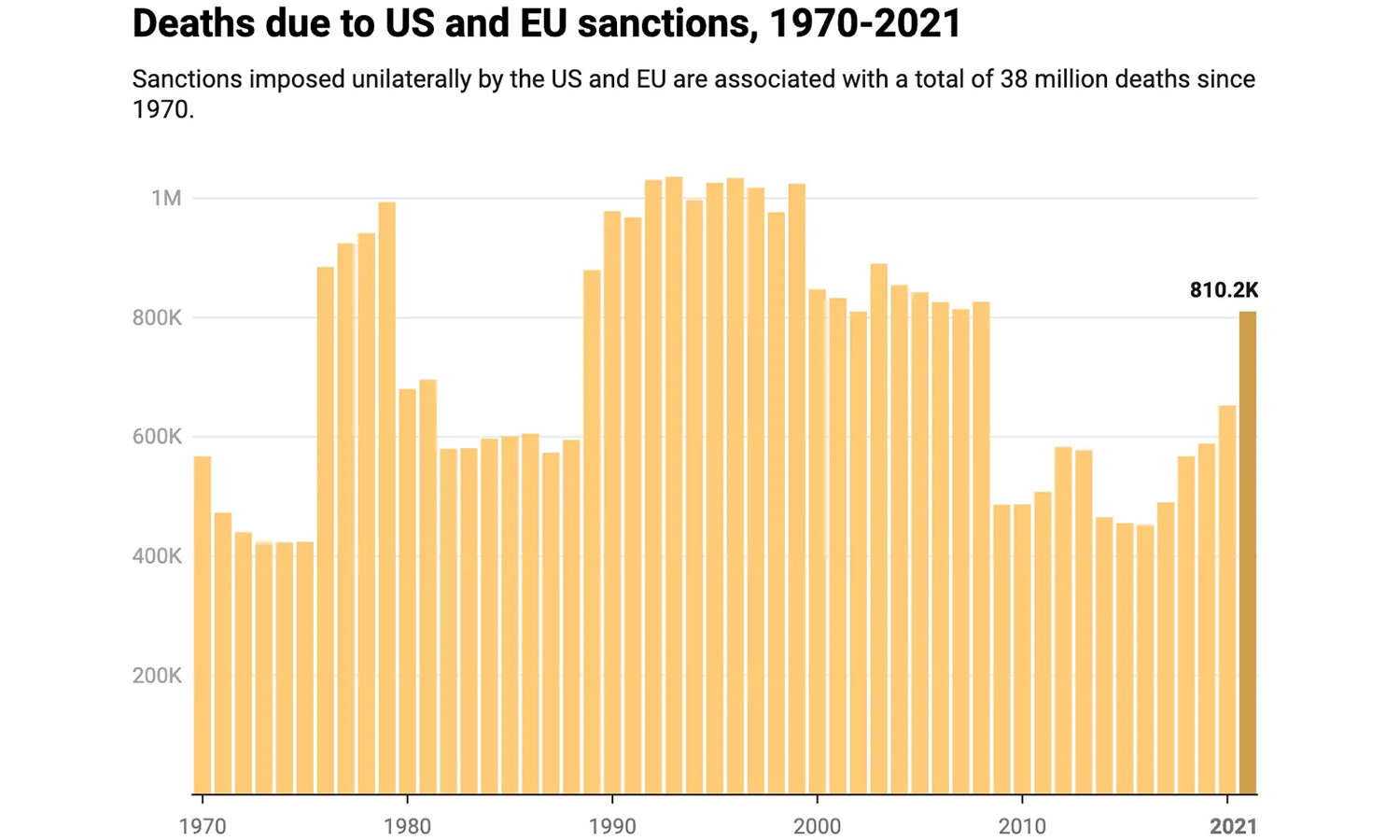Footage has emerged of a helicopter of Yemeni national army soldiers landing on a ship belonging to Israel and seizing it.
The ship is designed to carry vehicles and has a capacity of up to 1,500.
Reuters described the ship as British owned and Japanese operated, with the 25 crew members hailing from Bulgaria, Mexico, the Philippines and Ukraine with no Israeli citizens aboard. (Houthis seize ship in Red Sea with link to Israeli company, 19 November 2023)
The Yemen News Agency, on the other hand, has stated that “the ship controlled by the ‘Houthis’ belongs to Israeli businessman Rami Unger”, who is close to Israel’s secret services (Mossad). (Widespread echoes of Yemeni operation to seize zionist ship in Red Sea, Saba.ye, 28 November 2023)
Unger is a veteran of the IDF’s intelligence corps, and has a close personal and business relationship with Yossi Cohen, former director of Mossad and national security advisor to Israeli prime minister Benjamin Netanyahu.
In 2019, Ungar appeared on the Haaretz newspaper’s ‘Top 30 richest people in Israel’ list, which assessed his net wealth at $2.1bn.
Striking a hefty blow at the Israeli economy
The ship is of little real value to Yemen’s national army (persistently referred to in western media as ‘the Houthis’). It was sailing without a cargo, and although on paper it is valued at $50m, it is not something that could easily be resold (if at all).
Meanwhile, the true cost to the zionists is not the monetary value of this one ship, but the general threat now posed to all its international shipping. In this area, the Yemenis have dealt a deadly blow to the Israeli regime.
The shortest shipping route from Israel/Palestine to Asia (used to carry 24 percent of the country’s exports) is through the Suez canal. And everything going through the Suez canal has first to traverse the Red Sea, which the Yemenis have now demonstrated both the willingness and the ability to strike and seize.
All Israeli companies have thus been forced to divert their shipping around the southern cape of Africa, adding 10,000 miles to the trip. The economic damage is likely to end up in the billions.
USA will be wise to avoid a wider war
As US hegemony visibly declines in the middle east, the threat to Israeli shipping in the Red Sea, alongside Yemen’s missile barrages targeting Israeli cities, may have the potential to draw Israel and its US backers into a wider regional war.
“And if the next attack sees fatalities – particularly of US or Israeli nationals – that raises the risk of a wider war breaking out on the seas.
“Significant Houthi interference with commercial shipping through the strait is almost certain to trigger US intervention due to the political and potentially economic implications,” the New York-based Soufan Centre warned.” (Iran-backed Yemen rebels’ attack on Israel-linked ship raises risks in vital Red Sea, Times of Israel, 21 November 2023)
This may well be wishful thinking from the Times of Israel, however. The Saudis, backed by the full might of the United States and Britain, have been unable to take over Yemen despite causing untold death and suffering to the Yemeni people, starving as many as seven million people.
It is precisely such growing weakness in the Nato camp that has led to the success of the Al-Aqsa Flood operation in Gaza.
The USA has failed to destroy Yemen through years of proxy war. Any ground assault would meet the same fate as has the Saudi invading army.
With the United States scrambling to find ammunition for both Israel and Ukraine, a further expansion of conflict across the middle east would only serve to bleed the imperialist economies still further, and ultimately end in a catastrophic defeat.
Growing strength of the axis of resistance
After decades of punishment beatings by the USA and its regional enforcer, the resistance forces have not been sitting idle. Steadily, they have built up their arsenals, their military technology, their fighting capability and their coordination.
Thus it is that Nato and its Israeli proxy are waking up to the fact that the balance of forces in the middle east has shifted decisively against them.
For one thing, they have lost their former monopoly on long-range ballistic weaponry. Yemeni forces fired a barrage of missiles on 31 October, earning the accolade of having achieved the “first ever combat interception in space”.
“They probably travelled farther than any other ballistic missile fired as an act of aggression, having crossed at least 1,600km. They were intercepted by Israel’s Arrow missile-defence system above the Negev desert. It was the first time that Arrow, deployed for 23 years, had taken out a surface-to-surface missile. It was also the first ever combat interception in space, according to two Israeli officials.” (Ibid)
Iran, in its turn, now possesses the Fatah-2, a newly developed missile “reportedly loaded with a warhead capable of hypersonic gliding and able to strike a target within a range of 1,400km”. (Iran makes public newly developed hypersonic ballistic missile, Pyongyang Times, 23 November 2023)
We are reminded of the case of former US national security advisor Stuart Seldowitz, recently arrested for repeated and very public harassment of an Egyptian food vendor in New York city.
Caught on video, Seldowitz (who has been an advisor to many presidential regimes over the last three decades, overseen the implementation of middle-eastern policy and been awarded with the state department’s ‘honour award’ three times) gloated that “four thousand dead Palestinians wasn’t enough”, before asking the food seller if he “raped his daughter like Mohammed”.
Finally arrested when his behaviour got too blatant to be ignored (and hastily disavowed by his state department friends), Seldowitz in fact reflects the state of his masters, having fallen from a state of supreme and apparently untouchable power and swaggering, racist arrogance to one of increasingly impotent rage.
The dogs can bark, but the caravan moves on.














